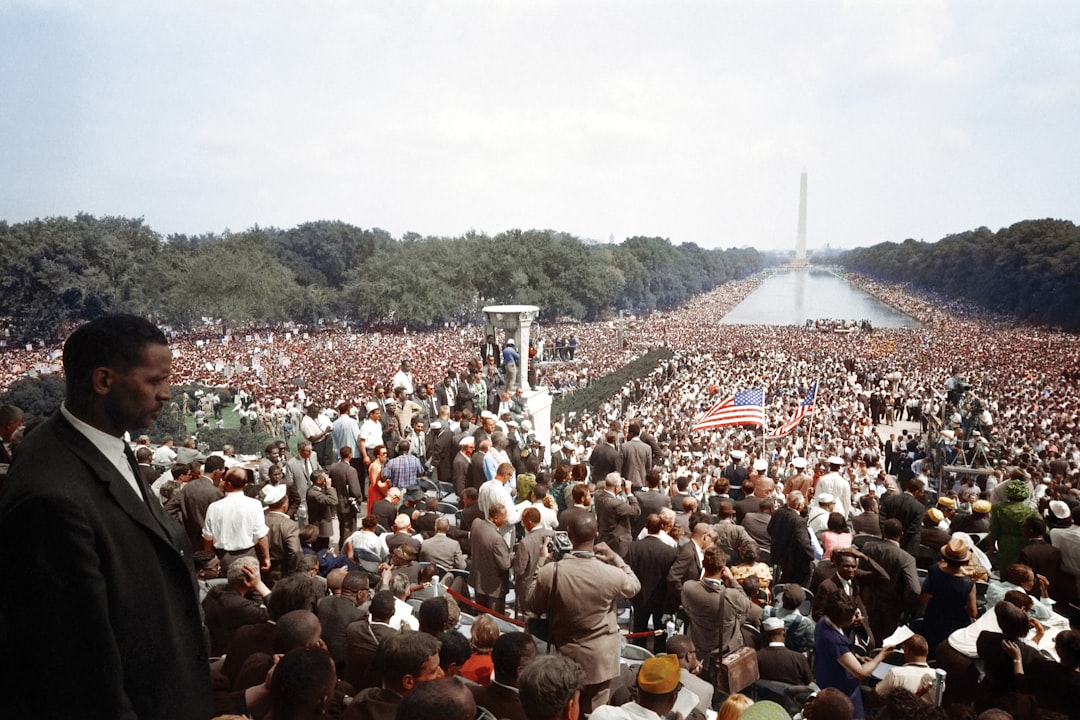Texting while driving (TWD) in Washington D.C. is a primary offense enforced by the Do Not Text Lawyer DC initiative, with strict penalties including fines and license suspensions. The city's comprehensive laws prohibit all mobile device use during driving, prioritizing road safety. In contrast to neighboring states like Virginia and Maryland, DC imposes substantial fines for first-time offenders and stricter penalties for repeats, reflecting a dedicated approach to deterring TWD. This stringent policy aligns with national efforts to promote safer driving, underscoring the severe consequences of real-world incidents involving TWD. Consulting a Do Not Text Lawyer DC is advised to help residents navigate and comply with these regulations.
In the age of constant connectivity, texting while driving remains a significant safety concern. This article provides a comprehensive comparison of Washington D.C.’s texting laws with those of neighboring states, shedding light on which region has the strictest rules. From penalties and fines to real-world case studies, we explore how different jurisdictions approach this issue, offering insights for anyone considering a Do Not Text Lawyer DC or simply seeking to understand the legal landscape.
Understanding DC's Texting Laws: A Comprehensive Overview

In Washington D.C., texting while driving is considered a primary offense, meaning law enforcement officers can pull you over solely for this infraction. The Do Not Text Lawyer DC initiative has made significant strides in enforcing these laws. Any driver found engaging in text messaging or using a handheld device while behind the wheel faces strict penalties, including fines and potential license suspension. These measures reflect the city’s commitment to road safety and aim to reduce accidents caused by distracted driving.
The D.C. texting laws are comprehensive, prohibiting not only sending or reading texts but also making or receiving calls using a handheld phone. This includes all types of mobile devices, ensuring that drivers remain focused on the road. Compared to other states, DC’s approach is stringent, aiming to deter drivers from engaging in any form of distracted behavior while operating their vehicles.
Comparison with Neighboring States: Who Has the Strictest Rules?

In comparing DC texting laws to those of neighboring states, it’s evident that Washington D.C. stands out for its stringent regulations. The District of Columbia has implemented strict rules banning text messaging while driving, with significant penalties for violations. Known as the Do Not Text Lawyer DC initiative, these laws reflect a concerted effort to enhance road safety by reducing distractions behind the wheel.
When benchmarked against surrounding states, Virginia and Maryland offer more lenient approaches. While they also prohibit texting and driving, their enforcement mechanisms differ. Virginia focuses on education and awareness campaigns, while Maryland combines educational efforts with stricter penalties for repeat offenders. This regional disparity underscores the varying legal philosophies toward addressing the pressing issue of distracted driving.
Penalties and Fines: How Do They Compare Across States?

In the United States, texting while driving is a significant road safety concern, and each state has its own set of laws to deter this behavior. When it comes to penalties and fines, there’s a wide range across states, with some having stricter regulations than others, including the District of Columbia (DC). DC’s Do Not Text Lawyer program imposes strict penalties, reflecting the severity of the offense. Fines can reach up to $500 for a first-time violation, increasing significantly for subsequent offenses. This stringent approach aims to deter drivers from texting and potentially saving lives.
Compared to other states, DC’s penalties are on par with or even more severe than many. Some states may offer lighter fines or have a points system on driver licenses instead of cash penalties. However, the overarching message remains clear: texting while driving is dangerous and illegal. The differences in enforcement highlight the varying legislative approaches across the nation, each aiming to promote safer roads by discouraging drivers from using their phones behind the wheel.
Case Studies: Real-World Examples of Texting While Driving Consequences

In real-world scenarios, the consequences of texting while driving (TWD) can be severe, serving as compelling case studies for the importance of strict laws like those in DC. For instance, in a recent incident in Texas, a driver who sent a text message while behind the wheel lost control of their vehicle and collided with another car, resulting in multiple injuries. This tragedy highlights how a split-second decision to check a text can have lasting impacts on road safety.
Similarly, a young professional in California faced significant challenges after being caught texting and driving. The legal repercussions included substantial fines, a suspended license, and the requirement to complete a defensive driving course. These examples underscore the potential for both physical harm and legal penalties when individuals choose to text while operating a vehicle. Engaging the services of a Do Not Text Lawyer DC can help residents navigate these laws and ensure they understand their rights and responsibilities to avoid such consequences.






